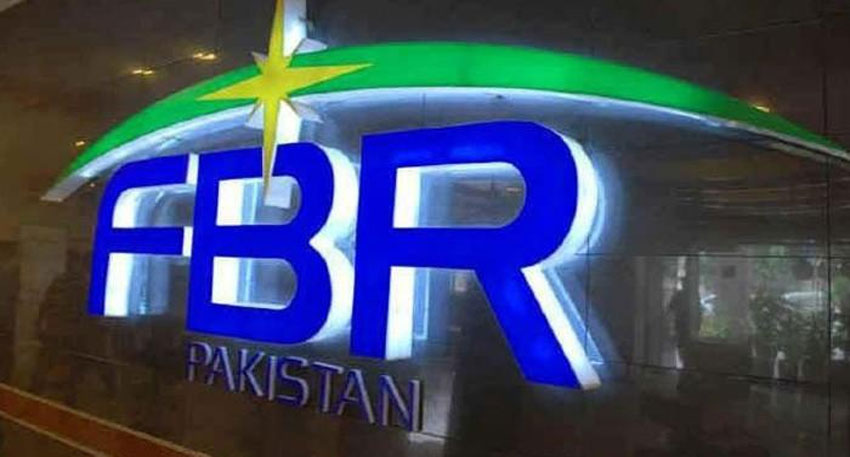
In a major move, the FBR approved key amendments to the Inland Revenue Reward Rules, 2021. This decision significantly raises the upper limit for meritorious rewards and introduces a completely new evaluation system.
The Board unanimously agreed to increase the maximum reward limit from 18 months’ salaries to 24 months’ salaries per financial year, applicable to employees under Rule 6 of the said rules.
Simultaneously, the FBR uncovered a staggering annual tax evasion of Rs30,000,000,000 in the tile sector alone. In response, the Board has ordered mandatory camera monitoring across several industries to curb such massive financial losses and ensure compliance. This serious breach highlights the need for stricter controls.
The Board also reviewed and endorsed a revised reward framework. This new system will categorize ex-cadre officers (BS-16 and above) and staff (BS-1 to BS-15) into distinct performance tiers, which will then determine their eligibility for quarterly rewards.
A weighted assessment mechanism, involving commissioners, special committees, and senior members, will be put in place to ensure utmost transparency in the process.
Read more: Tax fraud alert: Raid on restaurants and wedding halls in Punjab, records seized
Despite some internal discussion about the weightage of the assessment committee, the proposal was ultimately endorsed by the Chairman and most members.
It was decided that this new reward system would be entirely IT-based. PRAL, the organization’s tech arm, has been instructed to deploy the digital framework within a mere seven days to ensure a swift rollout.
The FBR noted that the existing Customs Reward Rules, 2012, already allow up to 36 months’ basic salary as a reward and thus require no immediate change. While the Board did not support excluding cadre officers from the immediate reward structure review, it agreed to take up the matter of exceptional performance rewards for cadre officers separately in the next meeting.
This significant increase in the reward ceiling, combined with the push for digital and transparent performance evaluation, suggests the FBR is strategically trying to boost employee motivation and performance. However, uncovering such a large-scale Rs30,000,000,000 tax evasion signals major underlying compliance issues that the new camera monitoring and other measures aim to resolve directly.




